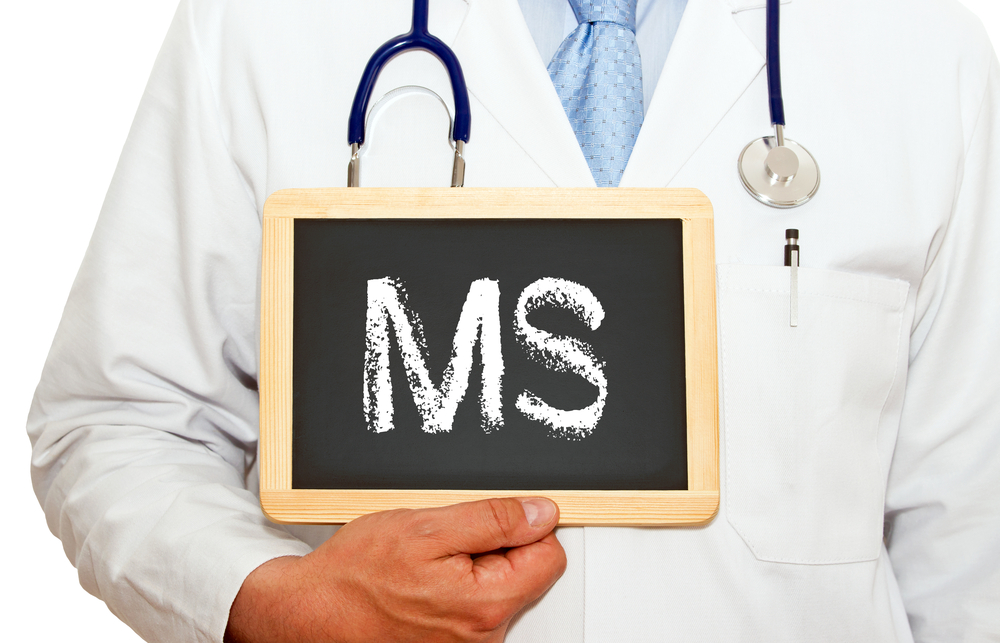Zinbryta, a Relapsing MS Therapy, Now Available at Diplomat Pharmacy in US
Written by |

Diplomat Pharmacy, the largest independent specialty pharmacy in the U.S., is now dispensing the limited-distribution drug Zinbryta (daclizumab) as a therapy for relapsing multiple sclerosis (MS).
Zinbryta was recently approved by the U.S. Food and Drug Administration (FDA), and is indicated for the treatment of adult patients with relapsing MS. A long-acting injectable therapy, Zinbryta is an interleukin-2 (IL-2) receptor-blocking antibody. IL-2 receptors are highly expressed on reactive T-cells in MS patients, and by blocking them, the drug can prevent the expansion of autoreactive T-cells. Zinbryta also promotes the activity of certain natural killer cells able to eliminate autoreactive T-cells.
Because it carries potentially serious side effects, Zinbryta is generally given only to people who have not adequately responded to at least two other MS therapies.
Diplomat’s MS program is designed to make the life of MS patients easier, by providing personal support, maximizing insurance benefits, and help patients maintain their treatments, the company said in a press release.
“A relapse of any kind can cause a person to lose hope,” said Gary Kadlec, Diplomat’s president. “For people with relapsing multiple sclerosis, ZINBRYTA has the potential to restore that hope and make life a little easier.”
Zinbryta’s prescribing information recommends 150 milligrams once a month, taken subcutaneously. It can be administered by the patients themselves with proper training.
Common adverse reactions include nasopharyngitis (common cold), upper respiratory tract infection, rash, influenza, dermatitis, oropharyngeal pain (throat sore), bronchitis, eczema and lymphadenopathy (disease of the lymph nodes). More serious side events, according to the FDA, can include liver injury and immune conditions. For this reason, Zinbryta,manufactured by Biogen, is available only through a restricted distribution program.
Relapsing-remitting multiple sclerosis (RRMS) is the most common form of MS, occurring in 85% of MS cases. It has clear defined phases of relapse (repeat attacks or exacerbations) and consequent progressive worsening of nerve functions, followed by phases of relief, or remission.
According to the National Multiple Sclerosis Society, MS usually strikes people between the ages of 20 and 50, and at least twice as many women are diagnosed as men.


